If you’re anything like us, you’ve been thinking about your health and fitness levels a lot in the last few months. A growing number of Aussies have been taking up sports and exercise activities and so the sports nutrition market has also been growing. If you have started a regular workout routine or are enjoying a regular run or swim, you may even be considering sports supplements.
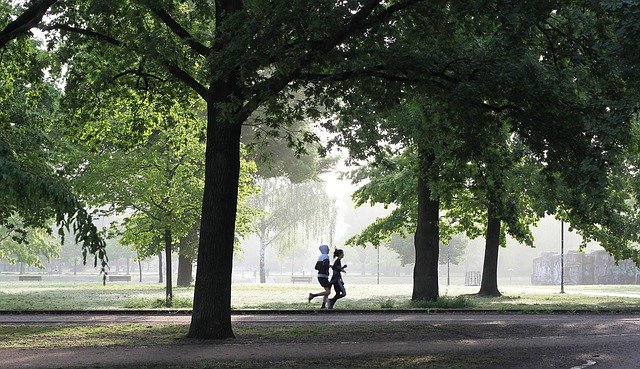
The Australian Institute of Sport (AIS) recognizes the importance of sports nutrition in the health and performance of an active life. Well-planned eating practices help you to train harder, maintain health and remain injury-free so that you can perform at your peak. For top performance, you should consider a proper eating plan as well as adequate rest and recovery.
Why do I need to consider sports nutrition?
There is an undeniable link between good health and proper nutrition and the same applies to optimum sports performance. This has become so important that nutrition and its effect on sporting performance has now evolved into a science. Whether you compete professionally or engage in sports with your mates, getting the right nutrition for sports helps you in the following ways:
- Promotes quick adaption and recovery
- Helps maintain ideal body weight and fat levels for peak performance
- Ensures you have sufficient energy and nutrients to perform
- Enhances short and long-term health
- Maintains idea fluid levels to guarantee optimum hydration and perform to capacity
What does a sports nutrition diet consist of?
The diet for an athlete or someone who participates regularly in sports should look like this:
- 55% of your energy should come from carbohydrates
- 12-15% of your diet should provide high quality protein
- Fat should comprise less than 30% of energy intake
Those who engage in intense exercises or perform for more than 90 minutes every day should ensure that carbohydrates account for 65-70% of their diet to meet the excessive energy demands. Some recommendations for carbs and protein are also based on grams per kilogram (g/kg) of body weight while fat intake remains the same as that of the general population.
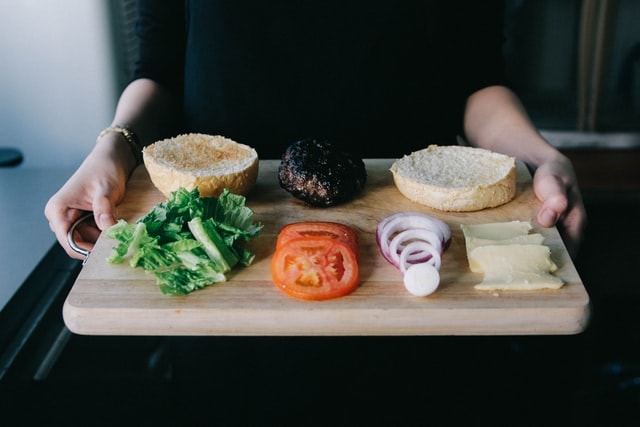
How vital are carbohydrates when it comes to sports nutrition?
The importance of carbohydrates cannot be overstated in an athlete’s diet. Lack of carbs can hamper the ability to exercise because of a lack of glycogen to fuel the body. The body must break down muscle tissue to meet its energy needs, so if you’re training hard and not getting enough carbs, your body is eating away at its own gains. This also increases the risk of infections and illnesses.
Here’s how much carbs you should be eating based on the intensity, duration and frequency of your exercise:
- Light intensity (30 mins/day): Aim for 3-5 g/kg/day
- Moderate intensity (60 mins/day): Aim for 5-7 g/kg/day
- Endurance (1-3 hrs/day): Aim for 6-10 g/kg/day
- Extreme endurance (3 hrs or more): Aim for 8-12 g/kg/day
You should try to obtain these carbs from whole and unprocessed foods such as wholegrain instead of relying on refined carbs such as white bread or pasta.
Protein is all the rage in sports nutrition. Should I be focusing on that?
Similar to carbs, protein is a vital part of a sports diet as it helps in muscle recovery and repair. Current protein recommendations for athletes tend to be little more than the average population but this depends on the intensity of the exercise:
- General population: 0.8-1.0 g/kg/day
- Athletes in non-endurance events: 1.0-1.2 g/kg/day
- Sports people in endurance and strength events: 1.2-1.7 g/kg/day
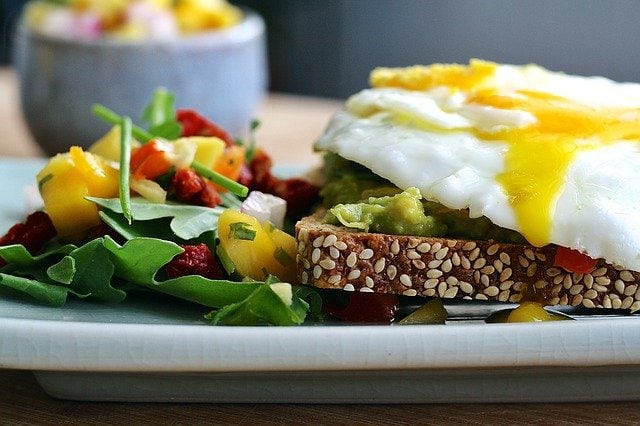
You can easily reach and exceed your protein requirements by consuming a high-carb diet, because most foods tend to be a combination of carbohydrate and protein. Sports supplements in the form of protein powders are therefore largely unnecessary and can in fact lead to the following issues:
- Increase in food costs
- Negative effects on kidney function
- Weight gain
- Lack of nutrients and minerals by eliminating other wholesome foods
What is the role of hydration in sports nutrition?
While protein and carbs are essential in a sports diet, nothing is as critical as hydration. Dehydration is known to negatively impact performance and, in some cases, lead to fainting or even death. Therefore it is vital that you consume plenty of liquids before, during and after exercise. For any activity that lasts longer than 60 minutes, is of high intensity or in warm conditions, hydration becomes even more essential.
You can consider the following options to ensure optimum hydration:
- Water
- Low-fat milk
- Sports drink
- Lemonade
- 100% juice
- Coconut water
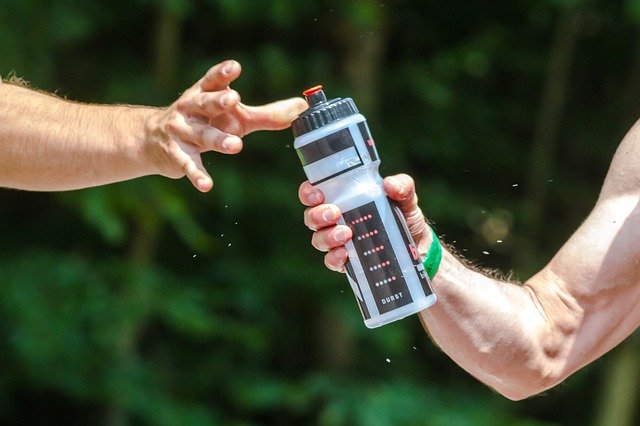
In order to come up with a hydration plan to fulfill your fluid needs, here are some good rules to follow:
- Consume two cups of hydrating fluid before an event or training
- Consume four to six ounces every 15 minutes during the event
- Consume plenty of fluids after, depending on the intensity of your activity
- Never wait till you are thirsty to drink
What should I do for sports nutrition on game day?
Meals on game day are more vital than at any other point for an athlete. Consider the following to ensure you deliver optimum performance when it really matters:
While game day meals are important, it is vital to remember that optimal nutrition is not ensured in a day. It requires a lot of effort to manage healthy eating and eating for the event. Make a plan that covers meals, snacks, beverages, and desserts in the days before and after your event.
Game days are not for experimentation. Do not try new diets or sports supplements prior to your event.
Keep your meals small as you get closer to the competition and limit consumption of high-fat and high fibre foods a few hours before.
Am I missing out on something if I don’t take sports supplements?
If you eat right, there should be no need for supplementation in any form. Your diet should ensure that you take in all the necessary vitamins and minerals. Sports supplements or vitamin supplements should only be ever considered if you have a diagnosed deficiency.
If you are keen to get higher amounts of nutrition in small doses, try superfood snacks or energy balls made from natural ingredients.
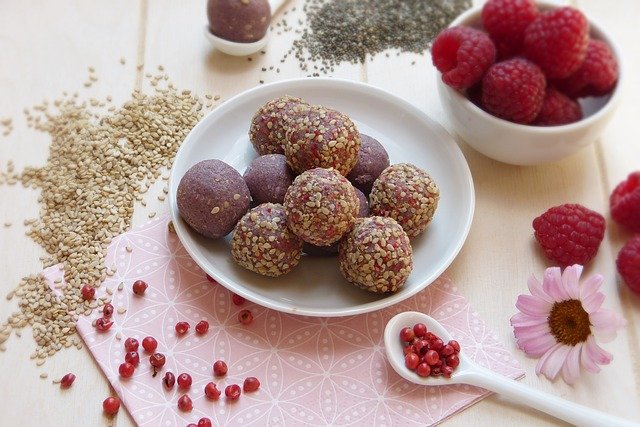
Sports supplements are found in various forms and in a wide range of products such as:
- Multi-vitamin tablets
- Mineral powders
- Herbs
- Natural food supplements
- Protein and mass gainer powders
- Meal supplements
There is very little evidence of these products being of any help. In fact, they might do you more harm than good. It is better to try to balance out any nutritional deficiencies by tweaking your sports nutrition diet instead of using pills and powders. You could also try other aspects such as diet, training and lifestyle measures to improve your performance.
What will my meals look like if I adopt the optimum sports nutrition plan?
Sports diet plans have to be built around your training and sporting activities. In this case, your meals will be divided and planned according to the below three components:
Pre-exercise
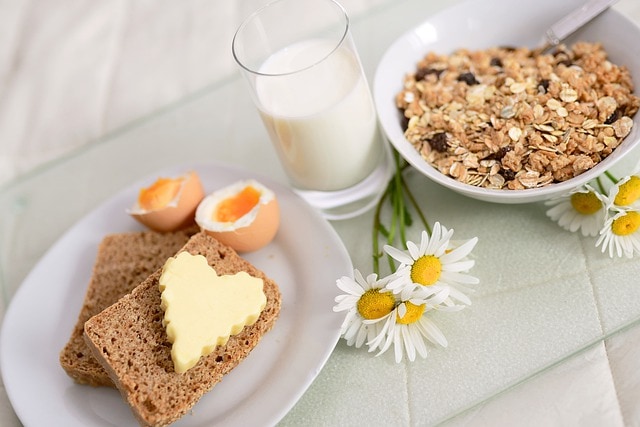
You need to consume a meal high in carbs approximately 3-4 hours before training or any activity to ensure you have enough energy for peak performance. If the time window before the exercise is smaller, than you should eat a snack 1-2 hours prior to improve performance.
Never consume a heavy meal before exercising, especially one high in fat or protein because that can contribute to digestive discomfort. Ideal meals before exercising or sports are:
- Cereals with low-fat milk
- Fruits and yogurt
- Pasta with a tomato base
- Low-fat creamed rice
- Granola
- Eggs and toast
During exercise
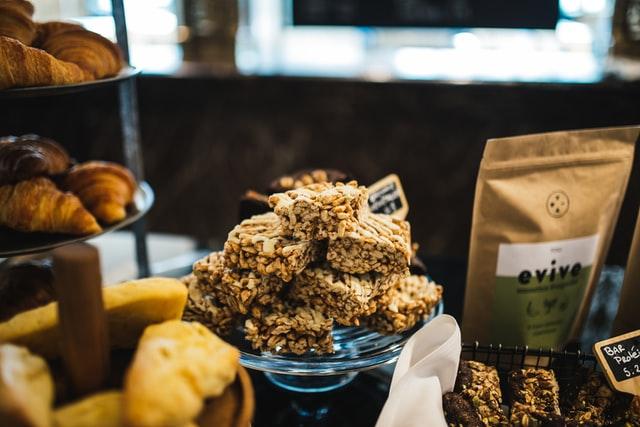
While food intake is not usually required during exercise, it might be needed if the activity is intense or lasts longer than 60 minutes. You can consider carb intake to maintain blood glucose and optimal performance. You should aim for carbs with a higher glycemic index (GI) such as:
- Lollies
- Sports gels
- Energy bars
- White bread sandwiches
- Muesli or trail mix
In most cases, fluid intake is far more important than food during excessive exercise sessions to prevent dehydration. Your best bets in those cases are:
- Water
- Sports drinks
- Fruit juices
- Coconut water
After exercise
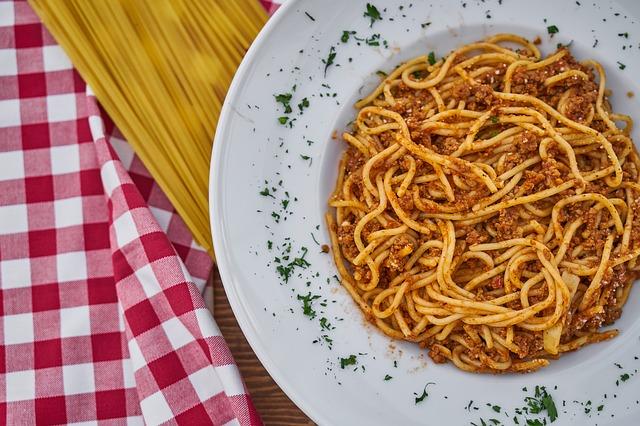
Your glycogen resources are depleted during exercise and must be replaced as soon as possible, preferably in the first two hours after your sessions. You should look at consuming carbohydrates with a high to medium GI to fuel up your glycogen reserves, after which you can consume a normal meal when you feel hunger.
The best choices to fuel up quickly are given below. Also ensure that you drink plenty of water to replace the fluids that you have lost during the exercise or sporting event.
- Sports drinks
- Juices
- Low-fat chocolate shakes
- Sandwiches
- Pasta
- Muffins
- Fruits
If you would like to talk to an expert or consult a nutritionist online to discuss a sports nutrition diet that suits your health level and lifestyle, Avaana can help you find one.



